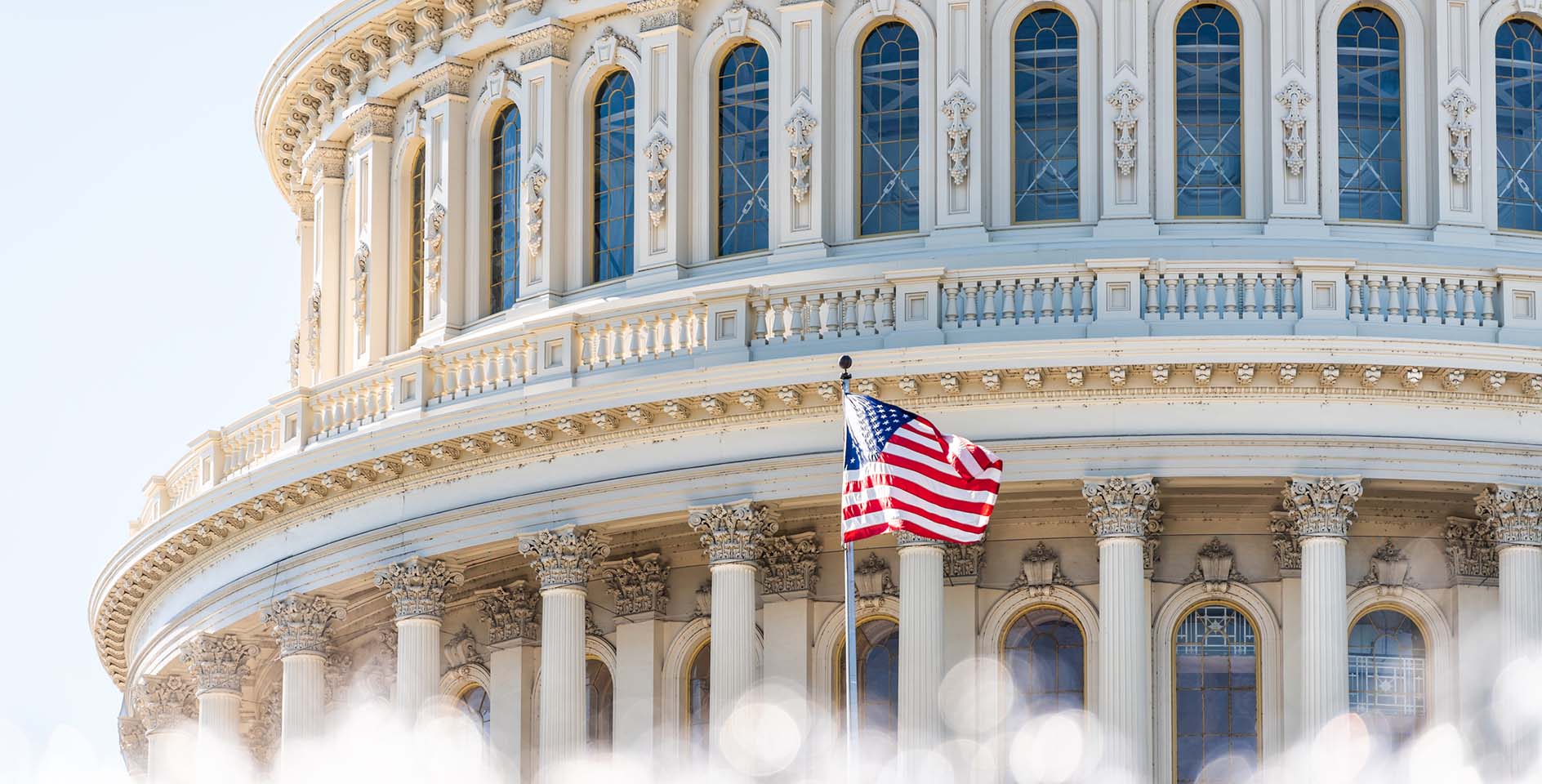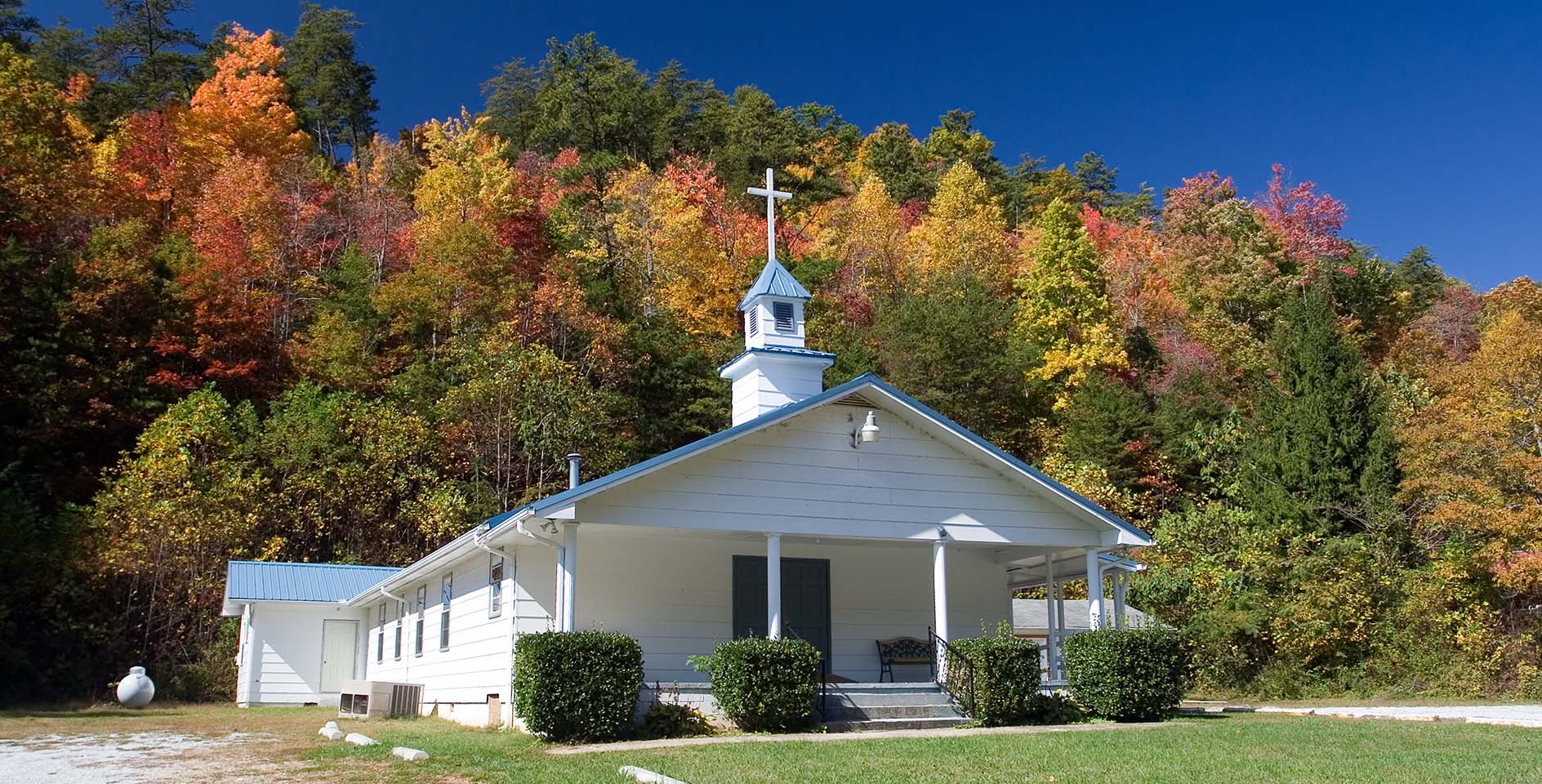It’s that time of year when I'm asked by parents and grandparents in our local church how to handle Halloween. Over the last 20 to 30 years, I've seen a change in the way the Christian community answers that question. When I was a child, the widely held view of the church was that Halloween participation was unavoidably tied to the satanic underworld. The vast majority of churches boycotted Halloween by intentionally providing an "alternative event" for the children of the church.
Churches then saw an opportunity to connect unbelievers with the gospel. These church campus-based events transformed from boycotts to efforts to draw unbelievers to churches, often with great effectiveness. At our own church, we've seen individuals turn to Christ and bear lasting fruit. In more recent years, there has been a noticeable loosening up of the hardline view that Halloween participation is absolutely tied to the spiritual underworld. In fact, it is now common for Christian families to be out and about in neighborhoods "trick or treating" and mingling with their neighbors.
Is the loosening up of the Christian community's view of Halloween a sign of theological liberal drift, worldliness entering the church or the recognition that Halloween is a wisdom issue rather than a moral issue? I argue that it’s the latter. I advocate putting Halloween in the category of personal liberty from Romans 14.
Every Christian should be free within the bounds of Scripture to hold strong personal convictions about Halloween without being judged or judging others. Apart from violating clear biblical boundaries, varying views of Halloween should never be an issue that should divide the church. There is complete freedom for some Christians to believe the current of the occult pulses through any form of Halloween participation. But there is also complete freedom for Christians to believe one can collect candy in a sack while dressed in a costume without giving a hat tip to Satan or exposing one’s self to demonic oppression.
Personally, our family is uncommitted to any one approach to handling Halloween. One year, we might go to a church carnival in the area. Another year, we might go "trick or treating." Last year, our kids went around the neighborhood "trick or treating" with pillow cases. At one point, I had to run home to dump them out, and our kids refilled the pillow cases again. My kids and our dentist won Halloween last year. Regardless, we use Halloween as a teaching opportunity. Here are three key points we use in age-appropriate ways to disciple our four children during this season:
1. Good vs. Evil: We explain how some people associate Halloween participation with the satanic underworld, just like some people associate Easter eggs with a false god of fertility. But like we hunt for Easter candy without bowing down to idols, we can hunt for Halloween candy without engaging the spiritual underworld. We might see some creepy decorations and people, but we just won’t go to those doors to get candy.
This becomes a good teaching opportunity to address a proper understanding of the intersection of the physical and spiritual realms including the reality of Satan, demons, evil and sin, as well as the power of our Lord who sovereignly reigns over all evil. It’s also a great time to reinforce the grave danger of intentionally engaging the spiritual underworld through portals such as fortune tellers, Ouija boards, palm reading or any other form of conjuring up demons.
2. Humanity: This is a good opportunity for us to see and meet those with whom we live. We explain how Halloween is a rare national holiday in which the people of a neighborhood leave their homes to mingle with one another. With lives becoming more and more private, homes are turning into impenetrable fortresses. So we should take advantage of these rare moments—when our secluded neighbors actually leave their homes—and go mingle with them. In our neighborhood, literally hundreds of people are out and about mingling on the streets.
3. Kingdom of God: We explain that for those of us living with a Kingdom perspective, this is a great opportunity to be among our neighbors. As we often tell our children, "We are the missionaries Christ has sent to our street." And pointing out the ethnic makeup of our neighborhood, the multicultural dimensions and the generational diversity is key to teaching our children to think with a Kingdom perspective. We have neighbors from seven nationalities, ranging from young children to empty nesters, on our street alone.
Halloween doesn’t have to be about the demonic. It can be a rich time for your church, your family and your neighborhood. It provides great potential to meet new people, renew acquaintances and strengthen developing relationships that we hope and pray will eventually lead to an open door for sharing the gospel.










